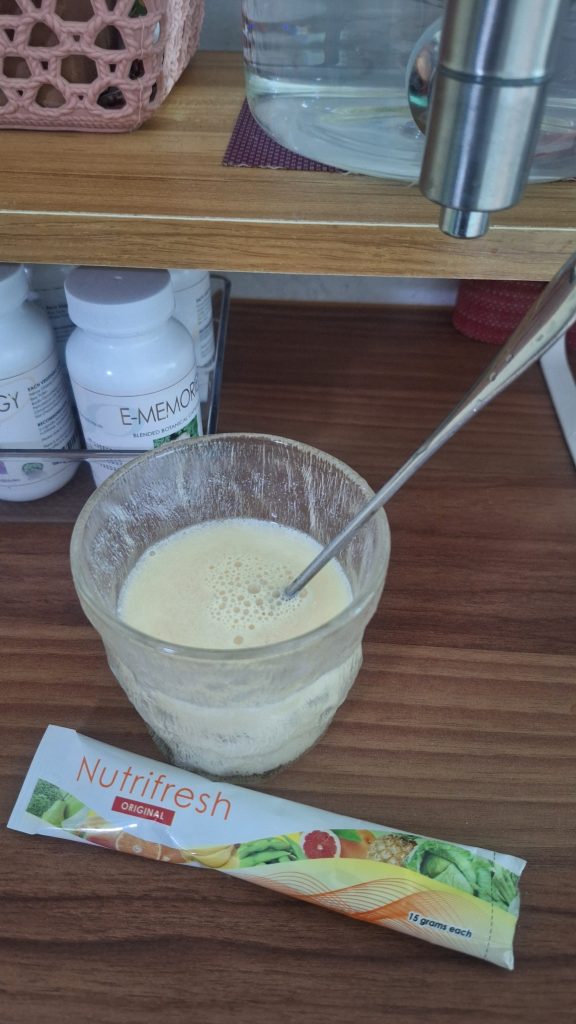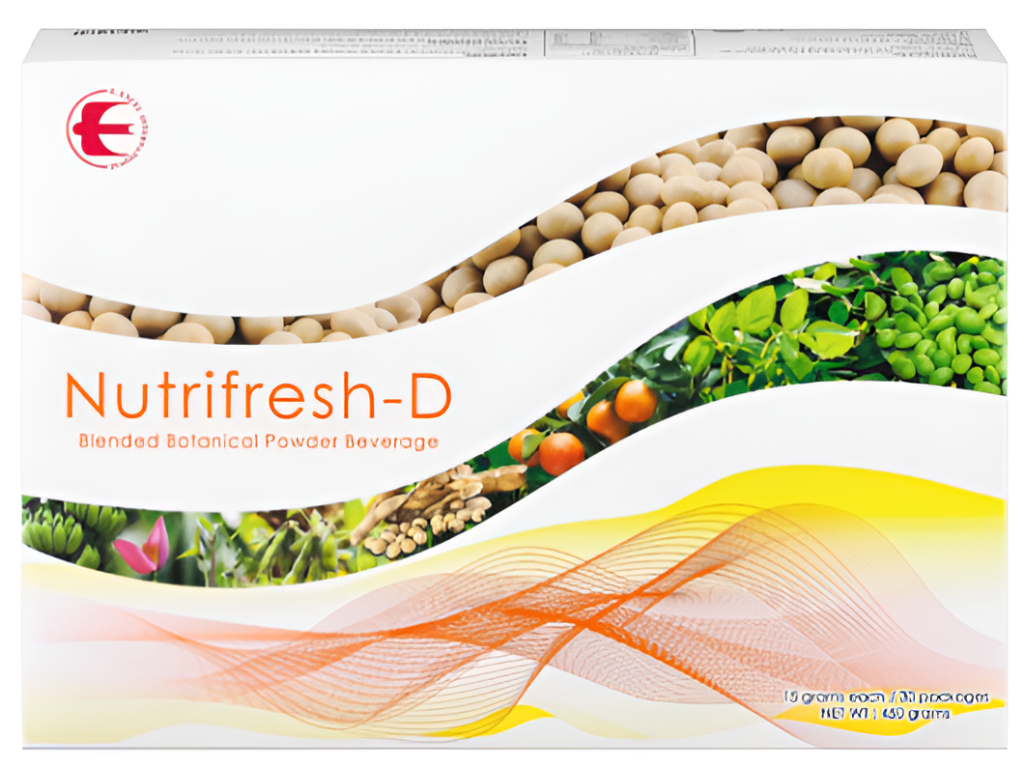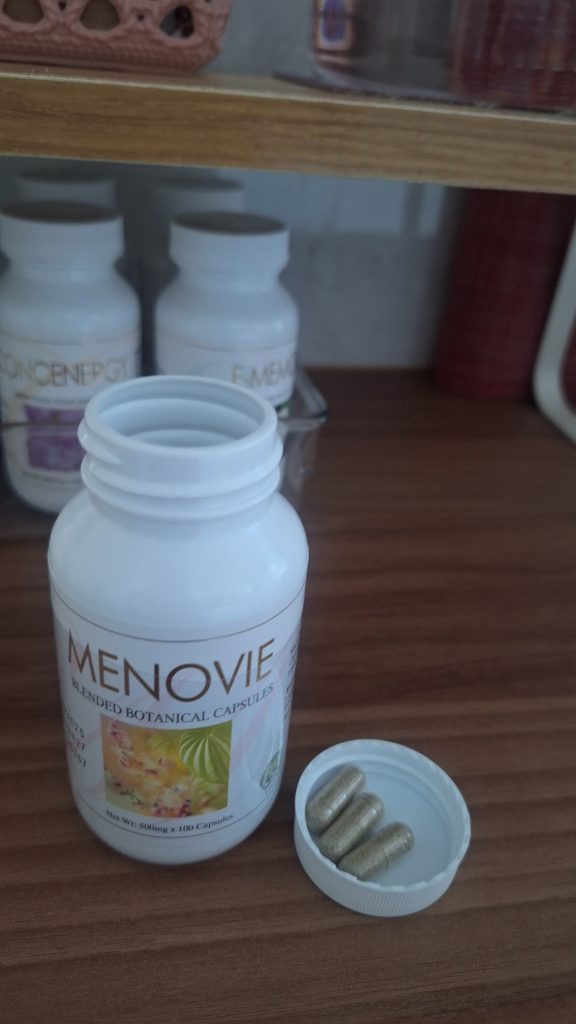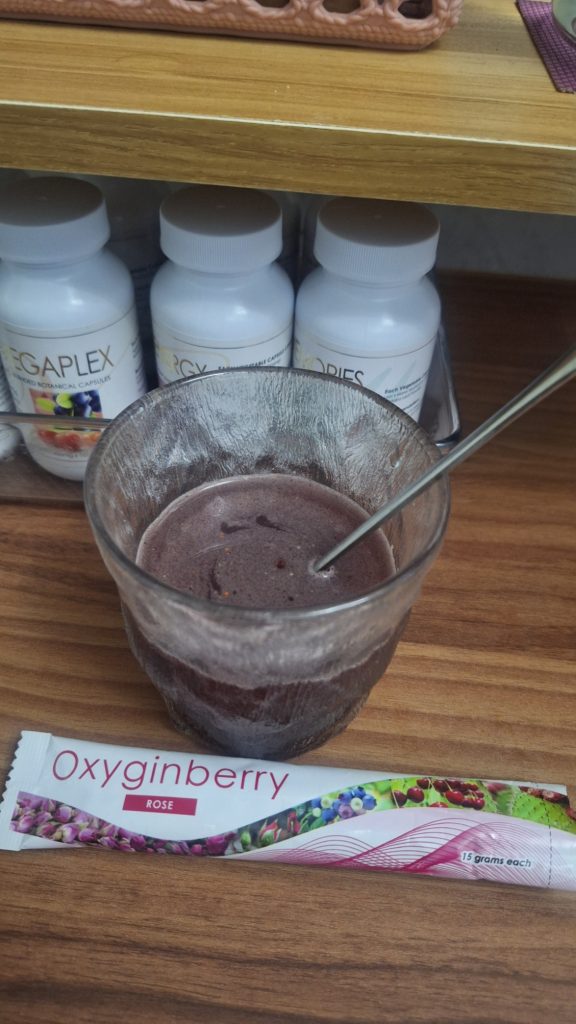Not sure if anyone managed to read this article. .. The heading really caught my attention – Getting through perimenopause as a family, dated September 15, 2025 published in The Straits Times, under the segment [life].
Yes…, women go through perimenopause, to menopause and to post menopause. Perimenopause is the stage when a woman starts experiencing menopausal symptoms even though she menstruates. This stage can last four to five years, or even longer for some.
The body enters menopause when a woman does not menstruates for 12 months. Production of progesterone and eggs stop. A healthy menopause happens between 45 to 55 of age. The years that follow menopause is called Post menopause.
Indeed, going through perimenopause and menopause can create “hell” for women. The transitions and sudden drop in estrogen levels can simply throw a woman’s life to hell 🙁 !
For some women, it can be as bad as what the article mentioned, “My wife, F, describes it as a new operating system that downloaded overnight. And the next morning, nothing works the same as before, and you have funky features you’ve never encountered.“
Estrogen is a large part of the body’s hormonal system, controlling many functions in women. Not only it can affect one’s emotions, but also one’s health.
Common symptoms include:
- Hot flashes
A sudden, brief sensation of heat on the skin that often starts in the chest, rising to the neck and head, accompanied by sweating, skin reddening, and a rapid heartbeat. - Night sweats
When hot flashes occur at night, they are called night sweats. They can be severe enough to drench a person in sweat and wake them from sleep. - Vaginal dryness
The declining estrogen levels that leads to thinning, drying, and inflammation of the vaginal walls – a condition known as genitourinary syndrome of menopause (GSM). - Mood changes
- Anxiety
Some may also feel anxious or uneasy. It can be severe enough to wake you from your sleep, leading to long-term sleep loss, fatigue, and irritability. - and difficulty concentrating
It’s can really be hell, isn’t it? 😥😪
I am a woman myself and naturally heard of stories on how a woman’s life can be “wrecked” entering menopause. The above are just some of the aspects. The drop in estrogen levels also starts to puts women at a higher risk for breast cancer, heart disease and osteoporosis! 😩
Yet I also do have friends that went through perimenopause with not much of symptoms, or symptoms that are milder.
I am a typical Singaporean. Meaning the kiasu type (afraid to lose 😜). After hearing so many scary possibilities circulating around perimenopausal symptoms, I naturally will get scared!
I prefer to take prevention instead of wait-and-see, or take action when it happens. Prevention is easier, cheaper, and with less agony. Everyone wants to age beautifully and healthy.
I am grateful that E.Excel International Founder, Dr Jau-Fei Chen researches into natural, holistic and healthy plant ingredients that can help women in this area. It is convenient and easy to prevent and alleviate conditions.
Ingredients are freezed-dried, and packaged into convenient sachet with no preservatives, coloring or sweeteners.
Safe and effective stand by their name – Extra Excellence.
For nourishing women’s health and age healthly, I am taking three products,
1. Nutrifresh for its wholesome quality soy protein
Soy also contains many phytoestrogens. Isoflavones, phytosterols, saponins, coumestans, and lignans. In fact isoflavones are also present in a wide variety of plants, such as berris, grains, and nuts, but most ample in soybeans. Phytoestrogens are also associated with multiple protective effects against cancer, heart disese, and bone weakness.

Nutrifresh comes in three natural flavours – mixed fruit, strawberry and original.
I prefer original as it tastes good on its own as well as when I mix with other E.Excel beverages. They even have Nutrifresh-D that caters for people with special dietary needs, example the diabetics.


2. Menovie for its rich phytoestrogen ingredients.
✓ Regulate periods
✓ Eases uncomfortable symptoms including sudden flashes of warmness, irritability, depression and mood swings, heart palpitations, vaginal dryness, vaginal infections, and headaches.

Five natural ingredients:
Chinese Yam (山药)
👑 Lowers high blood pressure and protects the heart.
👑 Rich in polysaccharides to boost immunity.
👑 Has anti-tumor, neuroprotective, antidiabetic and anti-cellulite properties.
Sage Leaf (鼠尾草叶)
👑 Helps to reduce hot flashes and night sweats.
👑 Its high levels of potassium and magnesium can help replenish minerals that the body loses in perspiration after hot flashes.
👑 Phytoestrogens (genistein and daidzein) are helpful for menopausal symptoms.
👑 Prevents osteoporosis in menopausal women.
Raspberry (覆盆梅)
👑 Helps to maintain hormonal balance, relieves hot flashes and other effects of hormonal imbalance.
👑 Has antioxidant activity that is 50% higher than strawberry.
👑 Relaxes and lubricates the uterus and relieves dryness of the vaginal tract during menopause.
👑 Can inhibit the proliferation of cervical cancer cells.
Gingko (银杏果)
👑 Relieves chilliness experienced after hot flashes by improving blood flow to cold
hands and feet.
👑 Ease memory lapses and may be useful in therapy for neurodegenerative diseases in postmenopausal women.
👑 Alleviates perimenopause effects such as fatigue, depression and memory problems.
👑 Inhibits estrogen-activated cancers such as bladder, breast and ovarian cancers.
Licorice (干草)
👑 Helps stimulate interferon production and boosts immunity.
👑 Improves ability to cope with stress and maintain hormonal balance.
👑 Relieves hot flashes, fatigue, irritability, and memory problems.
3) Oxyginberry beverage for its high antioxidants plant ingredients.
✓ Rich in antioxidants
✓ Increases the body’s production of collagen
✓ Reduces oxidative stress
✓ Slows down aging
✓ Supports healthy skin
✓ Supports healthy vision, joints and hair

Oxyginberry comes in two natural flavours – Oxyginberry and Oxyginberry Rose. This is my last sachet of oxyginberry rose. I will be taking Oxyginberry for my next box. No special reason for me since both taste wonderful for me. Just a change of flavours. haha.

Ingredients:
- Ginseng and ginseng berry – improves blood circulation; enhances the skin’s ability to repair itself
2. Cactus fruit – Promotes cell repair and renewal
3. Cactus – Improves immunity and prevents free redical damage
4. Grape seed – Powerful antioxidant; protects the skin from oxidative DNA damage.
5. Rose – Inhibits enzymes that break down elastin and collagen, and effectively enhances the body’s ability to produce collagen.
6. Seaweed – Helps maintain skin elasticity and eliminates toxins from the skin.

cheers to women!!! 💕🥰👍
Oh, men can also take all the above products! You need them too… we empathise with you too… hang in there when your lady is going through hormonal changes and difficult period. A good choice will be just get her these products!! And not forgetting yourself 😉
Note: Any phytoestrogens foods will not affect men’s libido according to various Research.
➢ Will not alter testosterone levels
➢ Have no effect on sperm concentration, count or motility
➢ Helps to prevent breast and prostate cancer
@ai tan +6596840122
![]()










